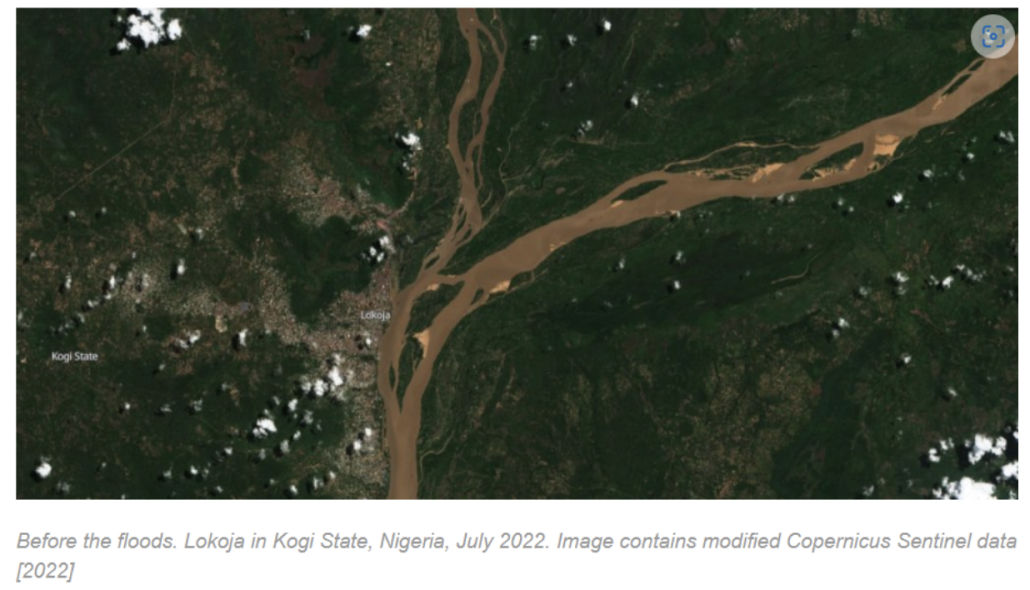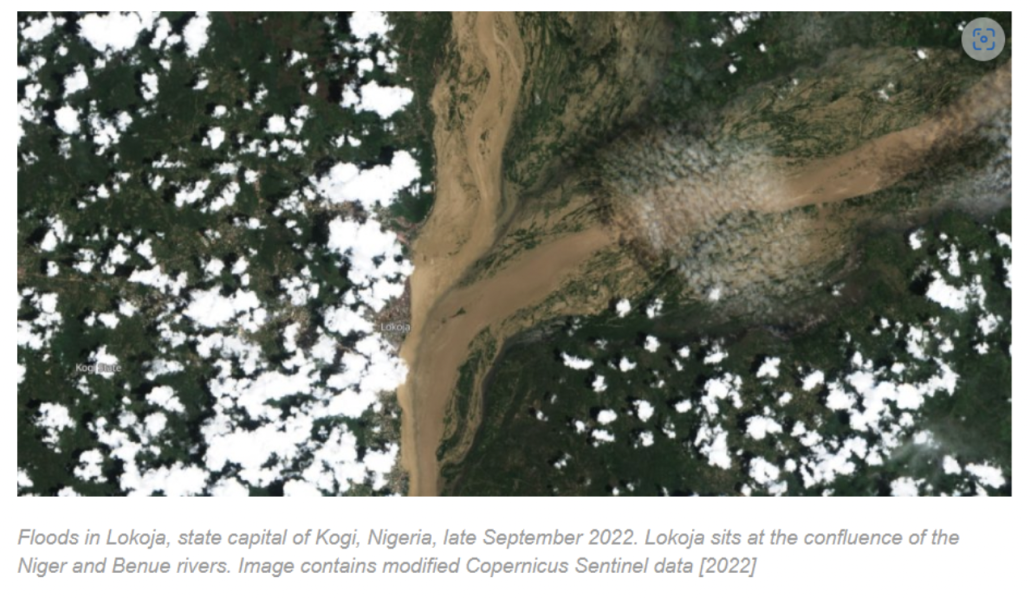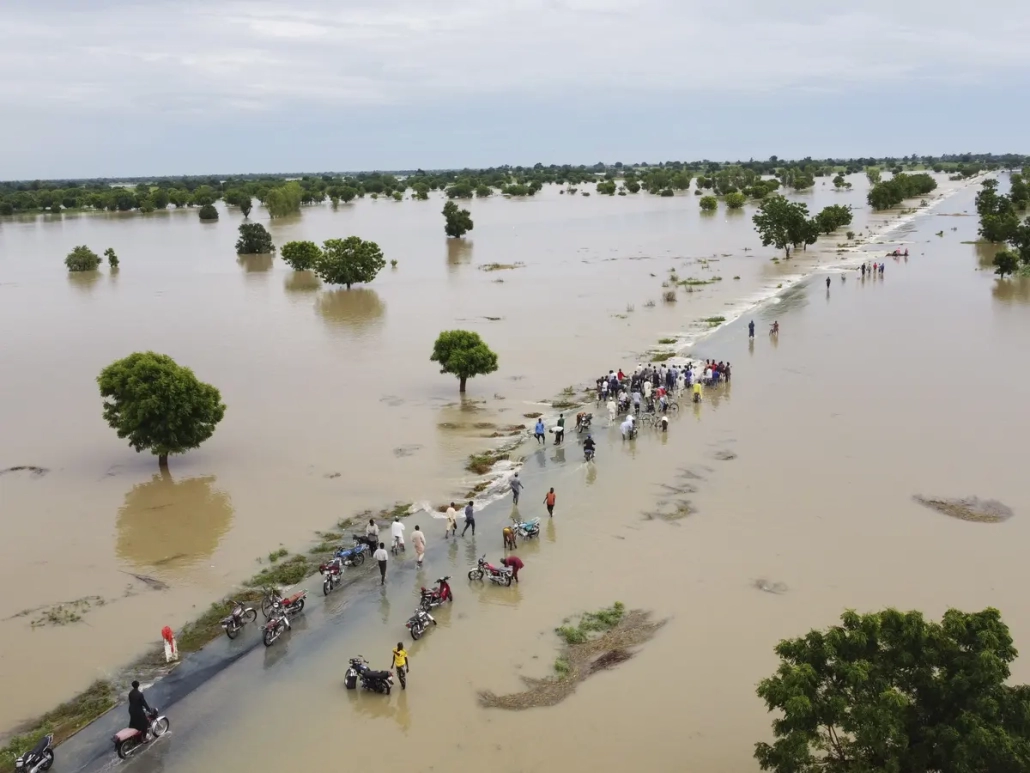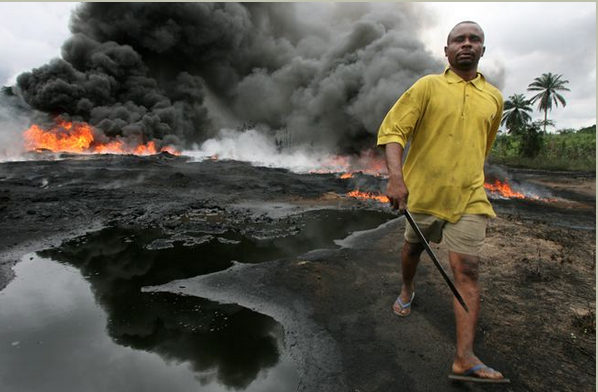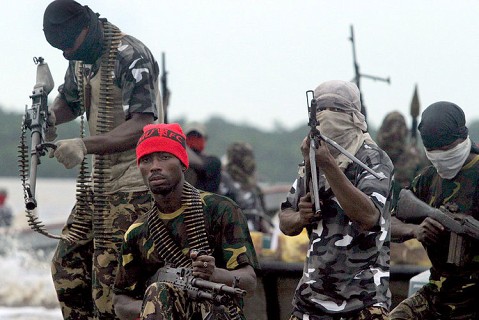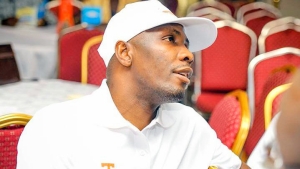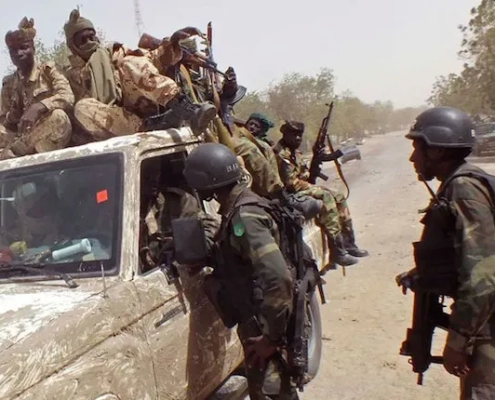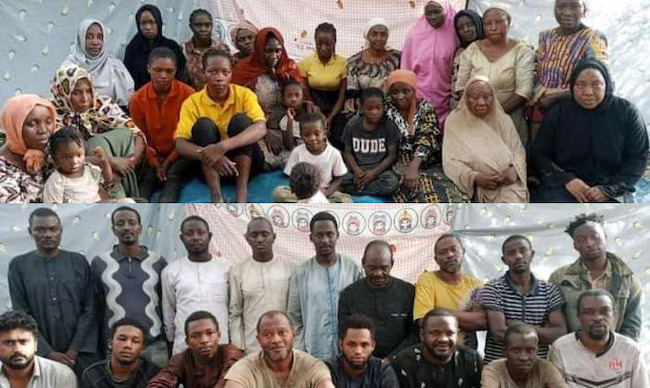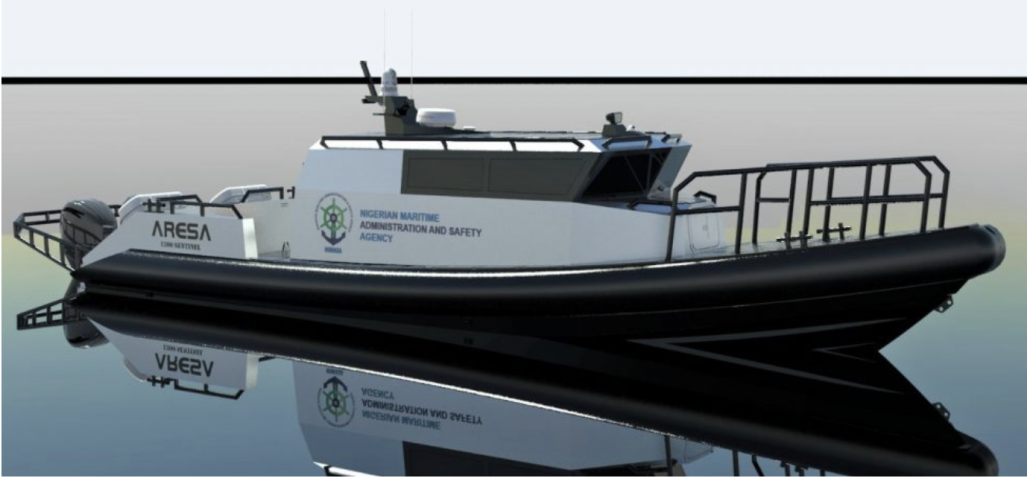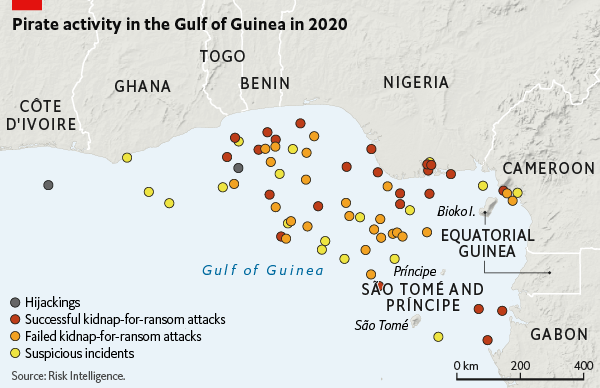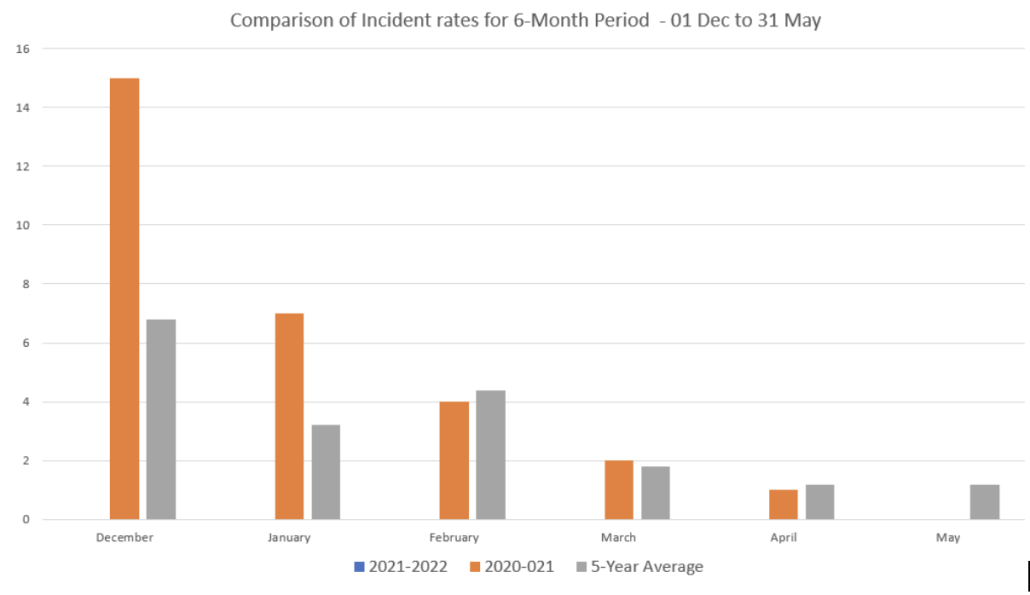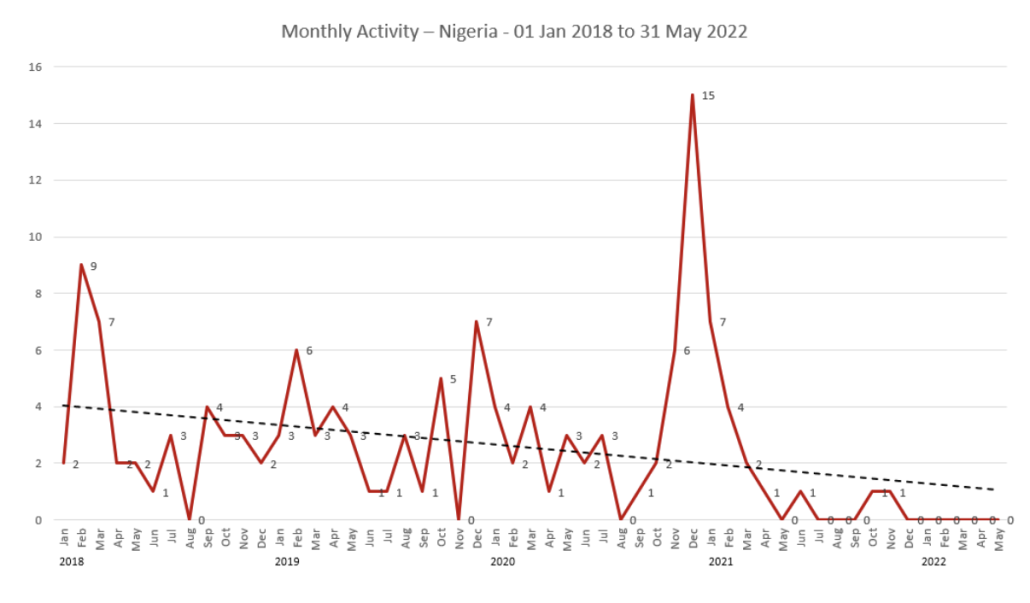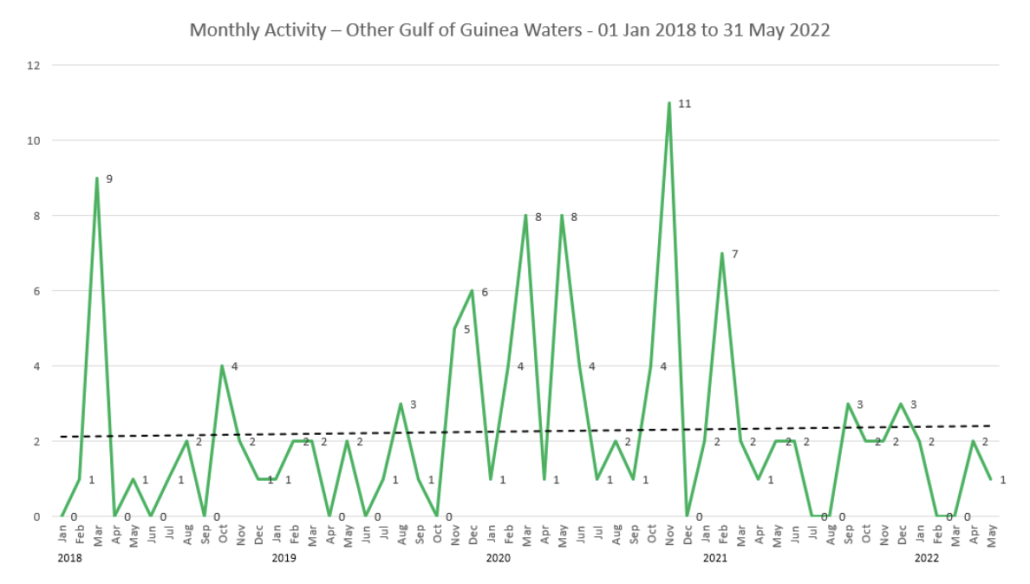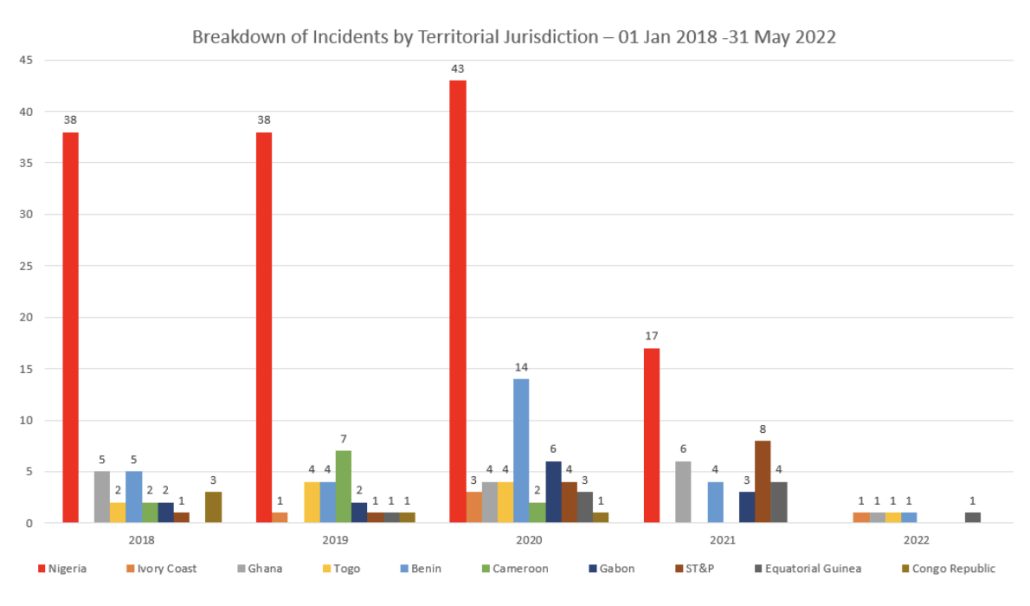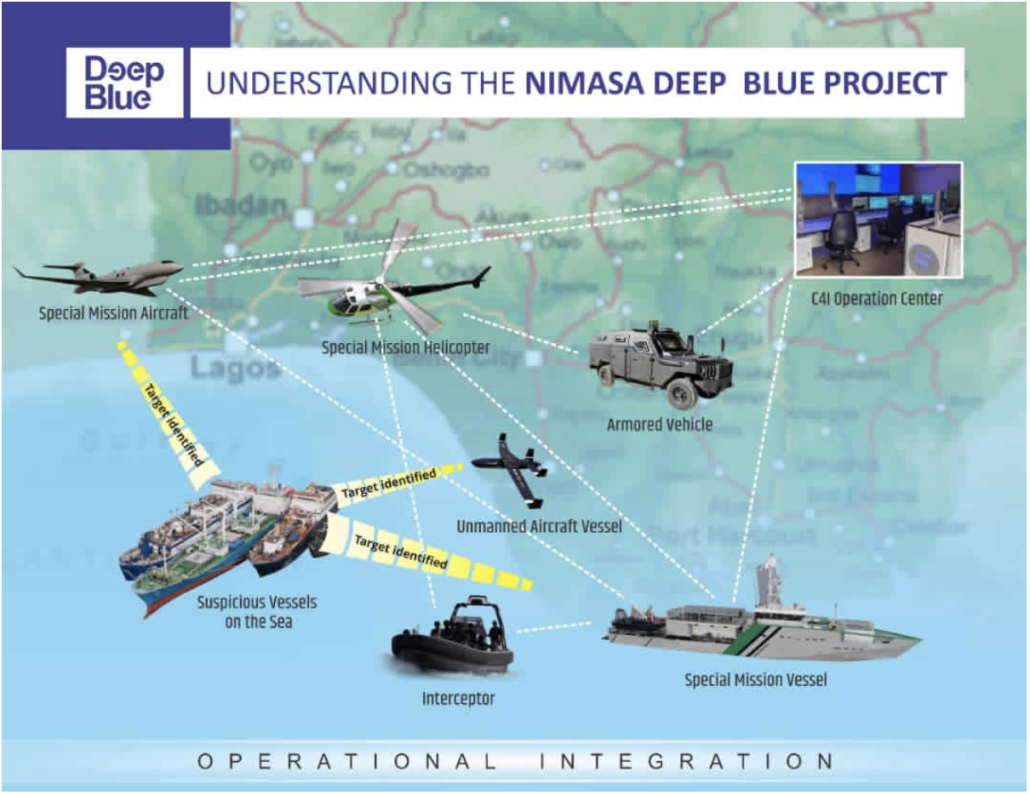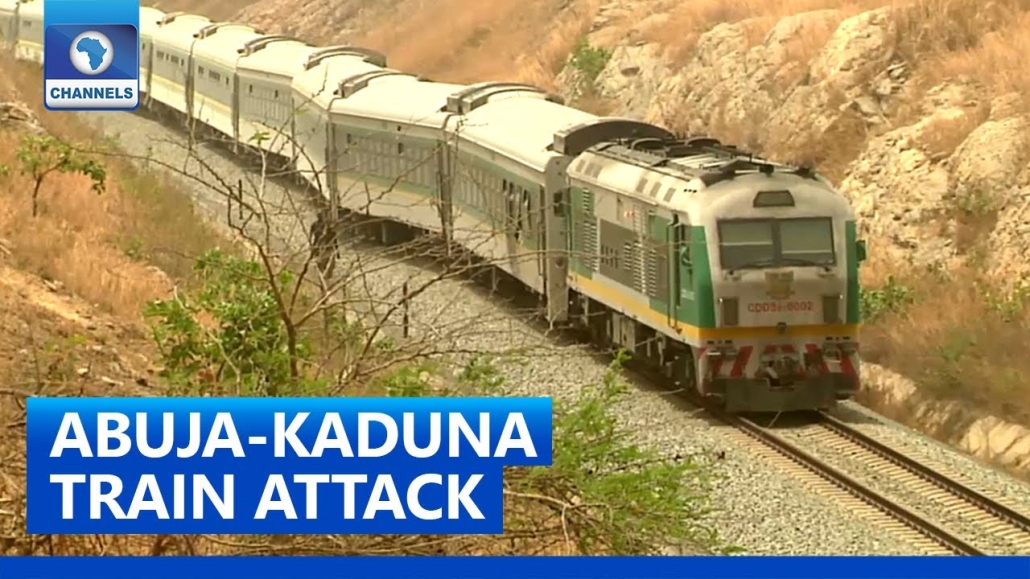Russia in Africa: A Strategic Evolution
Background
Moscow’s attempt to destabilise the West has backfired spectacularly, with Europe demonstrating greater cohesion and resilience than was perhaps anticipated, NATO being reinvigorated and, in all likelihood, expanding to incorporate two powerful and geographically important new members in Finland and Sweden.
This unexpected outcome from the invasion of Ukraine will likely encourage Moscow to draw NATO and European attention away from its eastern frontiers and refocus their efforts elsewhere once the war in Ukraine is concluded. One of the most likely future focal points for Russia will be Africa.
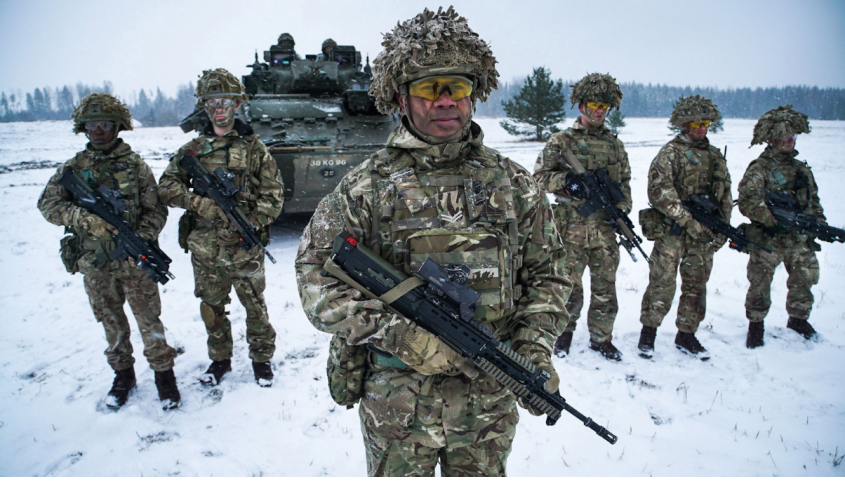
The African continent is rich in mineral resources, some of which are not found in significant volumes in Russia. It is also a growing market for various products ranging from foodstuffs and technology to weapons and energy. Moscow already has a footprint in Africa, with relationships existing or emerging in countries throughout the continent. These relationships include trade and commercial agreements, diplomatic ties, military cooperation agreements, and energy – including nuclear technology.
The scene is set for a rapid expansion of Russian presence on the continent in parallel with burgeoning Chinese investment in the region as well as an increasing focus on Africa’s potential among numerous western countries. Following Putin’s aggression in Ukraine, the race for expanding influence in Africa between the three power blocks could develop into a significantly destabilising force in some parts of the continent.
However, Moscow is not having it all its own way in Africa. The vote in early March 2022 on the UN General Assembly resolution condemning Russian aggression against Ukraine was opposed by only one African nation – Eritrea. The African Union and ECOWAS also joined the strong international consensus of condemnation of the Russian attack. The current AU Chairman, Senegal’s President Macky Sall, as well as AU Commission Chairperson Moussa Faki Mahamat, also criticized Russia’s unprovoked war, noting that did not stop the former from accepting an invitation to Moscow in early June 2022.
Of the 54 African states, 28 voted to condemn the Russian invasion with 16 countries abstaining and 9 choosing not to vote. Ultimately, the vote has been a surprising condemnation of Moscow from a continent where the worldview of many leaders is shaped around non-alignment. This, combined with enduring resentment of the impact of the various proxy wars fought on the continent during the Cold War, a focus on diplomatic etiquette, and a desire to remain non-aligned in the face of great power rivalries, makes the outcome of the vote quite remarkable.
The vote also exposed divergence of governance norms across the region and demonstrated that Africa’s future relations with Russia will be variable and likely remain so for the foreseeable future.
The countries that refused to condemn Russia have leaders who have been heavily co-opted by Moscow, including Faustin-Archange Touadéra of the Central African Republic, Lieutenant General Abdel Fattah al-Bourhane of Sudan, and Malian Colonel Assimi Goïta. Those leaders were not elected in any recognisable democratic process and are heavily propped up by Russian patronage and mercenaries.
The leaders of Algeria, Angola, Burundi, Equatorial Guinea, Guinea, Madagascar, Mozambique, South Sudan, Uganda, and Zimbabwe all benefit from Russian weaponry, disinformation, or political support and none of them would benefit from a democratic process that could remove them from power.
Other countries, including Morocco, Namibia, Senegal, and South Africa, abstained or did not vote probably as a result of an ideology of non-alignment.
It is evident that Moscow has a lot of work to do if it wants to supplant the West in Africa, but how can it successfully achieve this potential aim?
Moscow’s Aims
Following the virtually unchallenged Russian annexation of Crimea in 2014, and its consolidation of lands occupied by Moscow-backed separatists in Eastern Ukraine, Moscow ramped up its strategic effort to gain further traction and influence in Africa. It sees the continent as the next frontier for expansion of its political, military, and economic interests in response to growing pressure from the West.
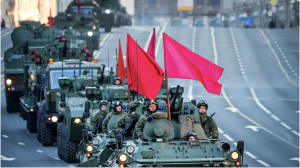
In November 2019, leaders from up to 40 African nations gathered in Sochi on Russia’s Black Sea coast for the inaugural Russia-Africa Summit. Many of them represented nations that Russia had no particularly strong history with. The summit established a formal partnership with the aim of strengthening existing and potential political, security, economic, legal, scientific, technical, humanitarian, information, and environmental cooperation. The Russian team stressed to the African delegations that this cooperation offered a way for African states to affirm their sovereignty and resist European and American coercive diplomacy. The latter point underlined that the continent was on the cusp of a new ‘Scramble for Africa’ with three main protagonists; Moscow, Beijing, and the West all vying for influence and cooperation.
Russia began developing its position on the continent two years earlier, through a number of low-key and covert operations, but its efforts were constrained by budget limitations. This effectively forced Moscow to rely on diplomatic and military means to gather influence and support rather than an investment of large amounts of hard currency.
Most recently, on 03 June 2022, President Macky Sall – Chairman of the African Union – met with President Putin in Moscow where they discussed “…freeing up stocks of cereals and fertilisers, the blockage of which particularly affects African countries…”. The agenda also covered expansion of political dialogue, economic relations, and humanitarian cooperation between Russia and African nations. Sall, visited Moscow at the invitation of Putin and was accompanied by the Chadian Chairman of the African Union Commission, Moussa Faki Mahamat. During the meeting, Putin took the opportunity to take a swipe at the West, saying “I would like to recall that our country has always been on the side of Africa, has always supported Africa in its struggle against colonialism.” Read it here.
From the point of view of geostrategic security, there are three key threads to Moscow’s strategic aims in the continent.
Firstly, establishing a presence in the southern Mediterranean and the Red Sea, and Gulf of Aden which would undoubtedly present a threat to NATO’s southern flank, as well as the strategically vital choke points for international maritime trade that pass the Horn of Africa and the Suez Canal.
Secondly, after a less than impressive performance by its armed forces in the invasion of Ukraine, Moscow will be seeking to re-establish its credentials as a great global power. It has arguably suffered significant loss of ground in this respect, both diplomatically and militarily. It has also been severely diminished economically. Establishing a strong presence and degree of influence in Africa will remind the world that Russia is a country that must not be ignored.
Thirdly, establishing itself as a major external power on the continent would force the West to focus even greater efforts and resources into the continent in order to counter Russia’s influence while at the same time conducting aggressive influence operations among African nations to attack the standing of the West. To some extent, as we shall see below, this is already happening.
In terms of trade, Africa is still a relatively small but growing market for Russian goods compared to Europe and Asia. Africa trades more with India, China, and the US than with Russia. Nevertheless, in 2022, Russian trade with Africa has grown by 34%. The importance of this should not be underestimated. As it feels the weight of sanctions imposed by the West, Moscow views trade with African nations as a strategic opportunity.
President Vladimir Putin has said Africa is one of Russia’s foreign policy priorities and has spoken about offering:
- political and diplomatic support
- defence and security help
- economic assistance
- disease-control advice
- humanitarian-relief assistance
- educational and vocational training
Where Russia Already Has a Presence
Between 2014-19, the African continent – excluding Egypt – accounted for 16% of Russia’s major arms exports, according to the Stockholm International Peace Research Institute (SIPRI). 80% of these exports went to Algeria with the remaining 20% spread across the rest of the continent.
Against this relatively modest position, Moscow’s defense relationships with African nations are growing. Since 2015, military cooperation agreements have been signed with over 20 African countries. Read more about it here.
In 2017-18, Russia had weapons deals with Angola, Nigeria, Sudan, Mali, Burkina Faso, and Equatorial Guinea. These included fighter jets, combat, and transport helicopters, anti-tank missiles, and engines for fighter planes. Full story here.
Russia has also been active in the Central African Republic (CAR), officially helping to support the embattled UN-backed government against an array of rebel groups. This support has seen the Russian private military company (PMC), the Wagner Group, active in the country, providing security to the government and supporting indigenous forces in the protection of key economic assets. Wagner group has also been reported to be active in Libya, Sudan, Mali, and Mozambique.
State-owned Russian companies have been mining bauxite in Guinea, diamonds in Angola, and winning concessions to produce off-shore gas in Mozambique. Lukoil have interests in Cameroon, Ghana, and Nigeria and is reportedly seeking exploration and mining licenses in the Republic of Congo.
Russia is also offering nuclear power technology to several African countries, including the construction of the first nuclear plant in Egypt, financed by a $25bn (£19bn) loan.
Russia’s footprint in Africa is set to expand. Its current presence is illustrated in the following maps:

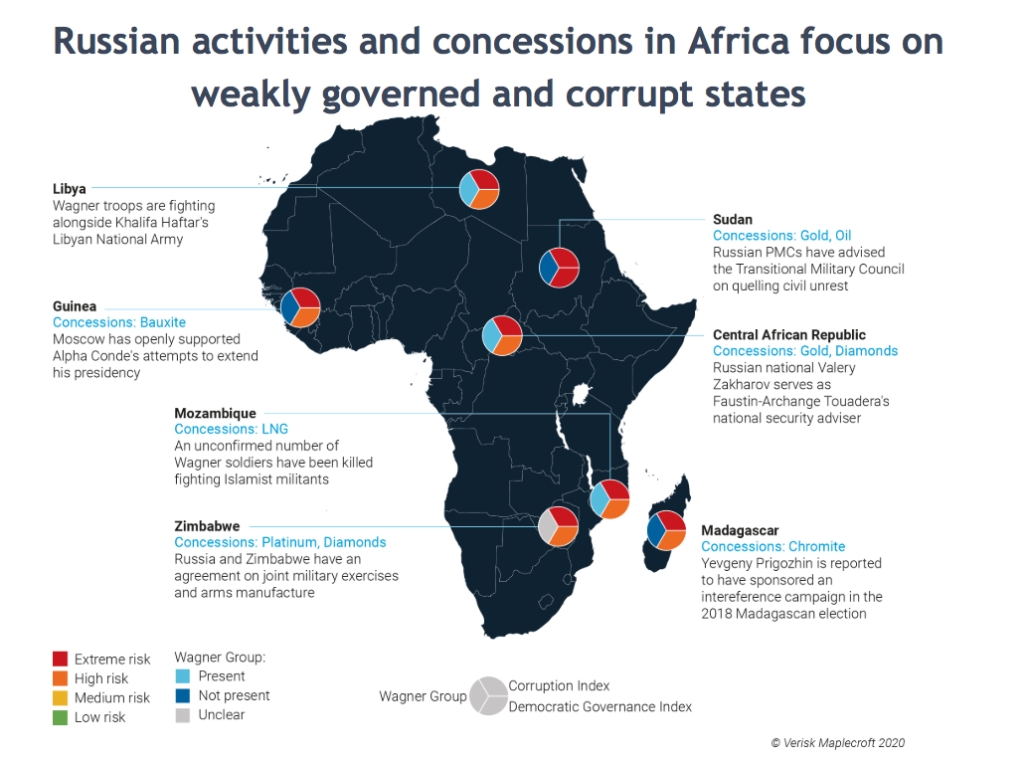
Source: https://www.mining.com/russias-comeback-in-africa-favours-profit-over-long-term-influence-analyst

Source: https://www.graphicnews.com/en/pages/39567/POLITICS-Russia-influence-in-Africa
Strategies
Russia’s strategy for increasing its influence in Africa takes several forms, including:
- Political engineering and supporting counter-government activities
- Electoral engineering and influencing voter behaviour through misinformation and disinformation
- Direct military support to Moscow-friendly regimes or opposition groups using Wagner group.
- Exchanging arms for resources.
The principal characteristic of the strategy is that Moscow co-opts the elites in the target countries in order to gain advantage that greatly outweighs the investment required to achieve that position. This is a strategy that suits Moscow, given the financial constraints imposed on it. This strategy requires no long-term investment or even relationship building and pays no attention to establishing strong relationships with the population. It relies almost completely on influencing key individuals in the power structures through coercion, personal reward and manipulation. The most frequently identifiable strategy relies on political support and deployment of Wagner troops in countries with natural resources on Moscow’s shopping list.
This has been the approach adopted by Moscow in Central African Republic where Moscow propped up President Touadéra. The same strategy has been seen in support of Denis Sassou-Nguesso in the Republic of Congo, Ali Bongo in Gabon, Filipe Nyusi in Mozambique, Andry Rajoelina in Madagascar, Emmerson Mnangagwa in Zimbabwe, Salva Kiir in South Sudan and Alpha Condé in Guinea. This list is not exhaustive. Read about it here.
In the African countries where Russia has become most entrenched – Libya, the CAR, and Mali — there is growing evidence of it deliberately undermining the United Nations, deploying mercenaries, and violating human rights. These all have a highly destabilising effect on the countries concerned and potentially for regional neighbours.
In Libya, where Russia has its strongest military presence, there is evidence of efforts to undermine the UN process aimed at establishing a constitutionally based, unified government through its support for a parallel government in the east of the country led by the warlord Khalifa Haftar.
In CAR, the National Security Advisor is a Russian and the Presidential guard comprises of Wagner mercenaries. They are also very active around gold and diamond mines and increasingly aggressive towards the UN peace keeping force in the country.
In Mali, Russia began an influence operation in 2019 based on disinformation aimed at damaging the standing of the UN and the French operations in the country, as well as the democratically elected president, Ibrahim Keita. Amid claims of widespread human rights violations involving Wagner mercenaries, the Russians have used their veto in the UN Security Council to supress any attempt to investigate the massacres.
As well as providing support to democratic leaders, Moscow has also weighed-in in support of undemocratic alternatives as they did in Libya, where they supported the warlord Khalifa Haftar. Elsewhere, it is reported that the August 2020 coup in Mali led by Colonel Assimi Goïta, was planned in Russia while members of the Malian army participated in extended training. Since early 2021, Wagner troops have been operating alongside Malian troops, including participating in atrocities against civilians which they have attempted to blame on French troops, who have since withdrawn from the country. In Sudan, Russia reportedly urged military leaders to resist the planned transition to civilian rule.
In conducting these operations, where it aligns with and supports indigenous military factions, Moscow has ensured that its proxies in those countries have supplanted the democratically elected powers and created enduring hardship for the greater populations.
Russia has also been active in manipulating voter behaviour in elections in Africa – a tried-and-tested strategy employed by Russia in western polling exercises.
This usually involves widespread and multifaceted influence operations using media, social media, and other messaging channels. The basis of the strategy is to disseminate supportive messaging for their favoured candidate, coupled with unfavourable representations from opposition candidates, the dissemination to the media of flattering, albeit dubious, poll results, and the unqualified and timely approval of election results by a pseudo-election monitoring organization, such as the Association for Free Research and International Cooperation (AFRIC). These methods were highlighted in the recent elections in Madagascar, Mozambique and Zimbabwe, among others.
Russia also carries out well-structured information operations in target countries with the aim of altering voter behaviour, influencing public opinion against the West and undermining democracy. Its campaigns typically support chosen candidates and denigrate those that are unfriendly towards Moscow’s ambitions. Additionally, Russia has established a broader campaign to undermine democracy by disseminating reports and whispering campaigns about the weaknesses of democracy and the futility of supporting candidates who strongly support democratic principles. As in all effective influence operations, the psychology is subtle, suggesting there is little to choose between the various political systems and therefore no real advantage to democracy. The end state aim is to encourage a sense of inevitability among the voters who will then passively accept whoever is elected to represent them. The message is usually that nobody is any better or worse than the alternative.
In those countries where Moscow is already close to the incumbent leader, it will continue to work very hard to keep that individual in place. An example is the support for Alpha Condé’s candidacy for a third term in Guinea in 2020, which the country’s constitution prohibits. When Condé faced widespread opposition to the proposed extension of his term, the Russian Ambassador, Alexander Bregadze, attempted to neutralise the opposition with a carefully constructed statement in which he said, “constitutions are not a dogma, a Bible or a Koran… it is the constitutions that must adapt to reality, not the reality that adapts to the constitutions.” Russia’s interest in the continuance of the regime is less subtle. Guinea has the largest reserves of bauxite in the world and Bregadze now heads up the operations in Guinea of Rusal, Russia’s largest aluminium company.
However, Moscow does not always have its way, and the ousting of Condé in a coup in September 2021 set them back. The departure of South Africa’s Jacob Zuma in 2018, a reliable friend of Moscow, saw his replacement, Cyril Ramaphosa immediately cancel a deal with Moscow to build a nuclear power plant. This saved South Africa from a huge debt commitment and weakened Moscow’s leverage over the country. Russia apparently used the prospect of investment in nuclear energy technology to leverage elite capture in the country and disseminated disinformation and created tension to influence its internal politics. Russia has used investment in nuclear programs to influence other African countries, including Egypt, Ethiopia, Nigeria, Rwanda and Zambia.
Russia has also supplied surveillance technologies to a number of autocratic regimes in Africa, including Uganda and Rwanda, to help them control their political rivals and civil society groups.
Russia has traditionally worked hard to influence governance in Africa by exploiting characteristics of democracy such as elections, free media and news platforms – in an effort to manipulate outcomes that are supportive of its interests. At the same time, it seeks to sow seeds of dissent and disillusionment among the populace about the merits of democracy. An African leader who gains or retains power through elections, even flawed elections, gains a powerful legitimacy and that serves Russia well insofar as it also legitimises the relationships and presence in the country enjoyed by Russian organisations – including its mercenaries. The basis of this strategy is that it is hard to criticise the presence of a Russian interest when it has been invited there by a legitimate, democratically elected leader.
With regards to Moscow’s arms trade with the continent, it remains to be seen whether it will be able to fulfil orders already in place or offer future orders as many of its arms plants are reportedly struggling to manufacture weapons systems due to embargoes and sanctions imposed since its invasion of Ukraine in February 2022.
“Dezinformatsiya” and Influence Operations

Following the reality check of the UN vote in March 2022, Russia will likely ramp up its efforts to regain traction and expansion of its interests in Africa. One of the primary tools that it will use to achieve this aim is disinformation. Disinformation is the intentional dissemination of false information with the intent of advancing a political objective.
In October 2019, Facebook removed dozens of fake accounts operating in Cameroon, the Central African Republic (CAR), Côte d’Ivoire, the Democratic Republic of the Congo, Libya, Madagascar, Mozambique, and Sudan, that had been engaged in a long-term disinformation and influence campaign aimed at promoting Russian interests. The accounts were linked to Yevgeny Prigozhin, the head of the Wagner Group who has long-standing ties to Russian President Vladimir Putin. Prigozhin has been indicted for interfering in U.S. elections. The deactivated accounts give us a glance into the nature of Russian disinformation campaigns in Africa.
Russian disinformation campaigns are a growing concern for African countries where information is a commodity that can be unreliable at the best of times. Local political and economic interests as well as erroneous interpretation and unreliable sources shape the messaging in many African media sources.
Prigozhin’s involvement was confirmed by a report from the Dossier Center, a Russian investigative organisation headed by Mikhail Khodorkovsky, a Russian oligarch who fell out of favour with Putin, and also a detailed and in-depth investigation by Facebook. Other disinformation was prevalent on Instagram. A stark example was found to be occurring in Mozambique, where just a month before the October 2019 elections, numerous pages emerged that exclusively promoted the Frelimo ruling party.
The pages targeting Libya were more complex and perhaps more subtle. These pages fell broadly into two categories, the first of which were supportive of Khalifa Haftar, the Russian-backed rebel commander trying to undermine the UN-recognized government and seize Tripoli with the support of Wagner Group mercenaries. The pages included messaging that Haftar would stabilise the country and bring peace and security. This strategy was backed by a second set of pages that asked readers to consider how much better things were under Muammar Gaddafi. Between them, these pages accounted for 90% of the Russian content. The remaining 10% were supportive of one of Gaddafi’s sons, Saif al-Islam Gaddafi. The latter is regarded as a potential presidential candidate. Moscow is actively supporting both Haftar and Saif al-Islam Gaddafi and is thought to be attempting to bring the two together.
The impact of this influence operation was significant, with 9.7 million interactions and the posts were liked by 1.7 million accounts. However, there is evidence that the campaign was flawed. In some of the responses, people challenged the messaging, particularly the premise that things were better under Gadaffi.
Similar pushback has been seen in other countries. In Mozambique, the designers of the campaign demonstrated a stark degree of naivety when they launched a disinformation strategy suggesting the opposition party had agreed a deal with the Chinese government to allow the latter to dump nuclear waste in the country. The designers obviously failed to appreciate that opposition parties do not sign agreements with foreign governments.
The volume of disinformation campaigns in Africa is surging, but African governments in targeted countries do little to address disinformation campaigns as in many cases it is a supportive narrative. It is even possible that some of them are complicit in the overall strategy. Russia is not alone in spreading disinformation in Africa. In Libya, at least 6 nations have been detected using disinformation as a strategic tool. Nevertheless, Russia has been proven to be the principal participant in the campaign to shape the thinking of millions of Africans.
To put the extent of the problem into context, Tessa Knight, a South Africa-based researcher with the Atlantic Council’s Digital Forensic Research Lab stated, “Every time I have set out to search for coordinated disinformation in advance of an election or around conflicts, I have found it. I have not investigated an online space in Africa and not found disinformation. I think a lot of people are not aware of the scale of disinformation that is happening in Africa and how much it is distorting information networks.”
Part of the problem is that social media platforms pay less attention to removing false content in Africa than in other parts of the world. This possibly reflects an assumption that the target audience is less sophisticated and therefore the damage is less than in Europe or the Americas. This is a false assumption and the burgeoning use of mobile technology across the continent ensures that a wide audience participates in the debates triggered by these campaigns.
The following graphic illustrates the extent of known influence operations in Africa as 26 April 2022:
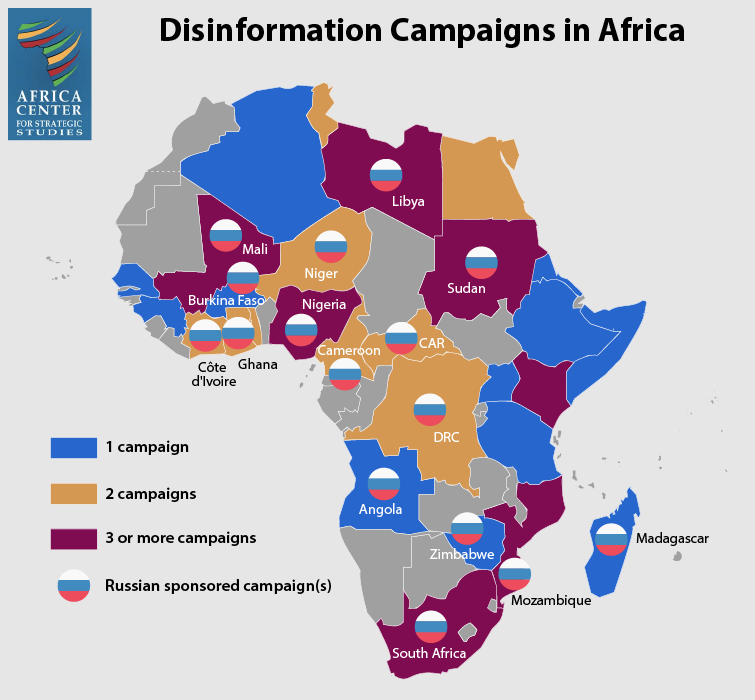
Disinformation campaigns that have been detected and publicly documented, Source: Africa Center for Strategic Studies
Payback – What Will it Cost Africa
Russia has been characterised as an autocratic kleptocracy, in which opposition figures are neutralised through various means ranging from judicial action and imprisonment to assassination. It has also shown disdain for the international rules-based order and complete contempt for internationally recognised national borders. The impact of such a political culture if introduced into African states could be profound. The former characteristic can be found in countries across the continent, but the latter characteristic could have disastrous impact on Africans were it to become part of the African political culture.
For all its problems, Africa has generally respected international borders – even those drawn up by colonial powers in ignorance of cultural and tribal considerations. Were Moscow to influence African states to the extent that they started to eye the resources in neighbouring countries, cross-border conflict could escalate into all-out war between nations.
The Russian strategy in Africa has led to a loss of freedoms, particularly in Mali, where opposition leaders and journalists who have challenged the legitimacy of the new regime have been arrested for questioning and threatened by youth militias sponsored by the junta.
Conclusions
Russia is clearly focussing heavily on expanding its influence and leverage in numerous African countries. Its strategy is aggressive and disruptive, creating instability and insecurity in previously stable, democratic countries. This presents a threat to political and economic stability and, where Wagner force mercenaries are present, to societal stability and security.
At the level of corporate operations, companies should incorporate disinformation campaigns into their threat assessments and risk analysis templates. In certain countries, if active in the extraction of minerals or hydrocarbons, companies’ operations could well become a target for Russian disruption, i.e., of the workforce through disinformation, or even direct targeting by proxies acting on behalf of Russian interests.
In short it is likely Russia will continue to pursue a policy of expansion across the continent, and this will likely accelerate after the war in Ukraine reaches a conclusion. This will likely be to the detriment of Europe and the West unless steps are taken to mitigate it.
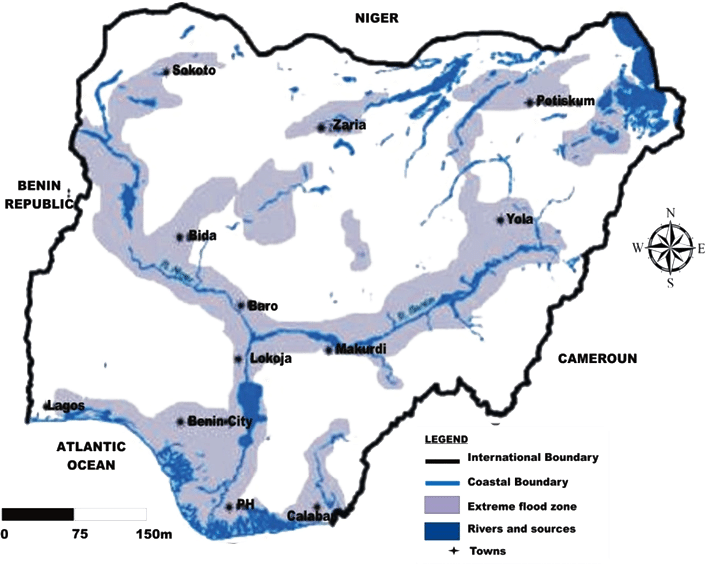 The following before and after satellite photos show the impact of the flooding in the area of Lokoja at the confluence of the Niger and Benue Rivers.
The following before and after satellite photos show the impact of the flooding in the area of Lokoja at the confluence of the Niger and Benue Rivers.